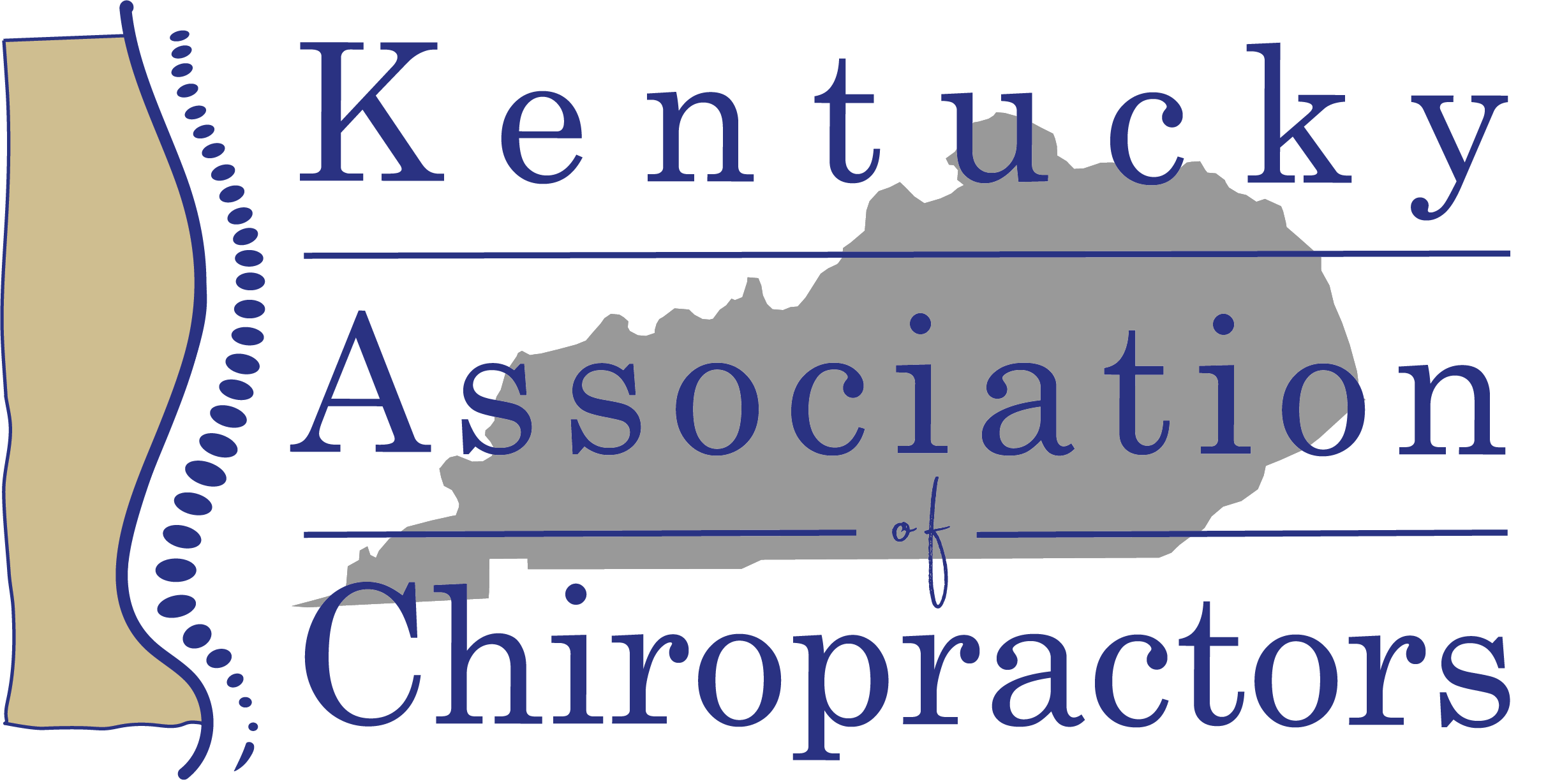The Foundation for Chiropractic Progress (F4CP), a not-for-profit organization educating the public about the benefits of chiropractic care, highlights a new study published in Spine showing that a plurality of patients with new-onset neck pain first visited a chiropractor, and that chiropractors were most often associated with the lowest-cost, least-invasive care pathways.
The study, “Longitudinal Care Patterns and Utilization Among Patients with New-Onset Neck Pain by Initial Provider Specialty,” is the first to examine which provider patients visit first specifically to manage new neck pain and how that influences the other care services accessed. Results show that chiropractors, who are commonly associated with back pain, are most often a patient’s first choice for neck pain, based on an analysis of health plan claims from 770,326 patients over three years. Spine is an international peer-reviewed, bi-weekly periodical that publishes original articles focused on the treatment of spinal disorders.
“It is rewarding to see that so many Americans are first choosing drug-free, natural chiropractic care to manage their neck pain and avoid the potential health and safety risks of pharmaceutical drugs, injections and surgery,” said Sherry McAllister, DC, president, F4CP. “We celebrate comprehensive, peer-reviewed studies like this that contribute to the growing body of evidence demonstrating how chiropractic care helps patients manage musculoskeletal pain more easily and safely, but also at a lower cost to themselves and health insurers.”
Recent guidelines recommend nonpharmacologic interventions, such as spinal manipulation (commonly known as a chiropractic adjustment), heat, massage, or acupuncture, as first-line treatment options for low back and neck pain. Specialty physician consultations and opioid prescriptions in the absence of red flags (e.g., fever, fracture, malignant neoplasms) are not recommended.
- Initial Provider. In adherence to those guidelines, DCs were chosen first by 45.2% of patients with neck pain, followed by allopathic or osteopathic primary care doctors (33.4%). Other physician specialties, including orthopedists, neurologists and emergency physicians were also sought first to manage neck pain although less often, according to the study.
- Diagnostic Imaging and Therapeutic Interventions. Rates and types of diagnostic imaging and therapeutic interventions during follow-up also varied widely by initial provider specialty.
- When patients first visited a DC, 2% or less received costly imaging, specifically computed tomography (CT) and magnetic resonance imagery (MRI) scans, compared to the more than 30% of patients who initially visited an emergency physician, orthopedist or neurologist.
- Similarly, 6.8% of patients received a therapeutic injection and 3.4% had major surgery after they visited an orthopedist first as compared to 0.4% and 0.1% of patients who first visited a chiropractor.
The authors conclude: “Compared to patients initially seen by physician providers, patients with chiropractor initial providers received fewer and less costly imaging services and were less likely to receive invasive therapeutic interventions during follow-up.”
“Low back pain has been thoroughly researched, and this paper is the first in a series exploring neck pain to help healthcare providers, payers and patients understand the potential benefits of following guideline-concordant care to manage the condition,” said David Elton, DC, former Optum VP of Musculoskeletal R&D and co-author of the study. “As with the lower back, we are again finding that following guideline-concordant care for neck pain, which can include chiropractic care, tends to result in better patient outcomes and lower overall service utilization.”
Dr. Elton is co-authoring similar additional cohort studies to be published soon exploring the different types of providers chosen for neck pain and any associations with adverse events and pharmacological exposure.
Sources:
F4CP Press Release, “Foundation for Chiropractic Progress Highlights and Affirms Findings of New Neck Pain Study Published in Spine,” September 13, 2023
Fenton, et al, “Longitudinal Care Patterns and Utilization Among Patients with New-Onset Neck Pain by Initial Provider Specialty,” Spine: August 1, 2023


